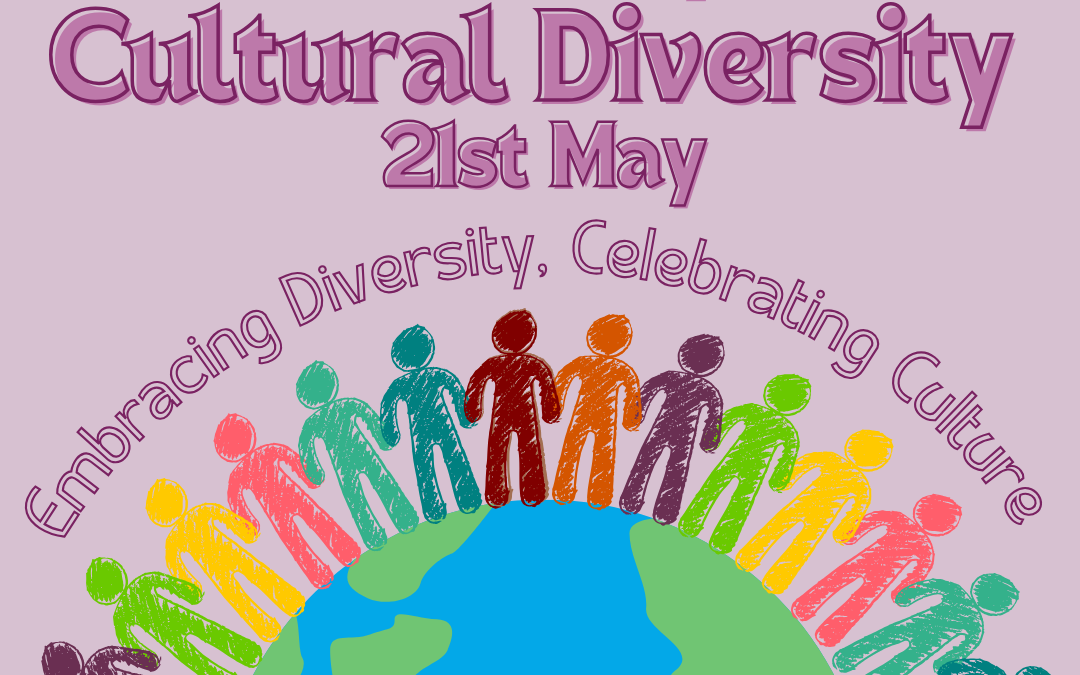By Natalia Nwoko
The Interconnectedness of Culture and Psychology
Culture and psychology are deeply intertwined, influencing values, expectations, and relationships. Values, the fundamental beliefs that guide human behaviour, are inspired by culture. Every culture around the globe has its unique values, traditions, and ideals. The integrity in the implementation of these values over time ensures their continuity, distinguishing them from mere beliefs, ideas, and opinions.
A psychological concept known as cultural universalism explains that human beings create culture in response to their survival needs. Unlike other species, humans depend on culture rather than instinct for survival. This unique capacity to create culture is highlighted by cultural relativism, which informs us that each culture possesses specific values, traditions, and ideals.
The judgment of what is right or wrong often stems from specific cultural values. These values underline preferences, guide choices, and indicate what is worthwhile in life. They help define the character of a culture, prescribing what should be done rather than how it should be done. Values offer views about ideals and serve as standards for maintaining a good social life. Every group, regardless of size, has its values, norms, and sanctions. While it might seem obvious that values are rooted in their originating culture, this is not always how they are operationalized.
Celebrating World Culture Day and Maltese Heritage
On World Culture Day, we should celebrate and treasure our own culture as well as other beautiful cultures around the world. It is also a time to pay tribute to our grandparents and great-grandparents who fought for our right to celebrate Maltese culture. Despite some Maltese people rejecting the idea of post-colonial Malta, it is essential to remember that it is thanks to this ideology that the Republic of Malta was founded in 1974.
During British colonial rule, the Maltese were excluded from all but the lowest offices, leading them to feel like strangers in their own country. English officials were often accused of arrogance and contempt, exacerbating tensions. This exclusion persisted throughout British rule, causing friction and resentment among ambitious Maltese individuals, although the majority remained complacent and submissive.
Over time, a new middle class of educated Maltese emerged, socialized in the British style of government and loyal to pro-British policies. This group took over most administrative posts in the civil service, contributing to the emergence of rival political interests and factions in the late 19th century. These factions continued to dominate Maltese political life throughout much of the 20th century.
Solidarity with Other Nations
Reflecting on Malta’s history, it is crucial to show solidarity with other countries experiencing similar struggles. Countries like Palestine, Congo, Sudan, Haiti, and Hawaii are currently facing significant challenges that threaten their cultural heritage and national identity.
Palestine: Over the past five months, Israel’s military actions in Gaza have caused unprecedented death, destruction, and a humanitarian crisis. Nearly 30,000 Palestinians have been killed, over 70,000 injured, and more than 1.7 million displaced. Significant cultural and historical sites have also been destroyed, reflecting an effort to erase Palestinian identity and heritage.
DR Congo: For nearly 30 years, eastern DRC has been plagued by violence from various militias, resulting in widespread human rights abuses. The humanitarian crisis has worsened, with millions of people displaced and needing aid.
Sudan: The war in Sudan has caused immense destruction to its cultural heritage. Conflict between the RSF and SAF has targeted civilian property and cultural sites, aiming to reshape Sudan’s cultural and demographic landscape.
Haiti: Gang violence, political instability, and natural disasters have severely impacted Haiti’s cultural heritage. Key cultural sites have been looted or destroyed, and the rich architectural heritage has deteriorated due to neglect and violence.
Hawaii: Since the arrival of Westerners in 1778, Native Hawaiian culture has been suppressed. Despite significant challenges, efforts to revive Hawaiian culture, such as hula and language, continue.
Conclusion
As we celebrate World Culture Day, let us remember the historical struggles of our own and other nations. It is a time to reflect on the values that define us and the importance of cultural heritage. We must stand against genocide, embrace other cultures, and support countries that are fighting for their identity and survival. By getting informed and taking a stand, we can contribute to a more just and culturally diverse world.
References
Abbas, R. (2024). A War for Sudan’s Identity: The Loss and Destruction of Culture and Heritage. Retrieved May 17, 2024, from The Tahrir Institute for Middle East Policy – website: https://timep.org/2024/04/15/a-war-for-sudans-identity-the-loss-and-destruction-of-culture-and-heritage/#:~:text=Security%20%26%20Conflict%20Sudan-
Biswas-Diener, R., Thin, N., & Sanders, L. (2019). 15.1 Culture. Retrieved from openpress.usask.ca website: https://openpress.usask.ca/introductiontopsychology/chapter/culture/
Global Centre for the Responsibility to Protect. (2022). Democratic Republic of the Congo. Retrieved from Global Centre for the Responsibility to Protect website: https://www.globalr2p.org/countries/democratic-republic-of-the-congo/
Hawari, M. (202). Israel Destroys Palestinian Cultural Heritage Sites in Gaza. Retrieved from Institute for Palestine Studies website: https://www.palestine-studies.org/en/node/1655264
Lissade, A.-G. (2024). Heritage in Ashes: The Silent Erosion of Haiti’s Cultural Legacy. Retrieved May 17, 2024, from Inkstick website: https://inkstickmedia.com/heritage-in-ashes-the-silent-erosion-of-haitis-cultural-legacy/
Marovich-Old, I. (2013). Henry Frendo, Europe and Empire: Culture, Politics and Identity in Malta and the Mediterranean (1912–1946). European History Quarterly, 43(4), 763–764. https://doi.org/10.1177/0265691413500027o
Osorio, E. K. (2021). Struggle for Hawaiian Cultural Survival. Retrieved from Ballard Brief website: https://ballardbrief.byu.edu/issue-briefs/struggle-for-hawaiian-cultural-survival
Srivastava, A. (2023). Understanding The Intersection of Culture and Psychology – Chitkara Blogs. Retrieved May 17, 2024, from Chitkara University | Blogs website: https://www.chitkara.edu.in/blogs/understanding-the-intersection-of-culture-and-psychology/
Zammit, E. L. (1984). A COLONIAL INHERITANCE: Maltese Perceptions of Work, Power and Class Structure with reference to the labour Movement. Malta University Press.

